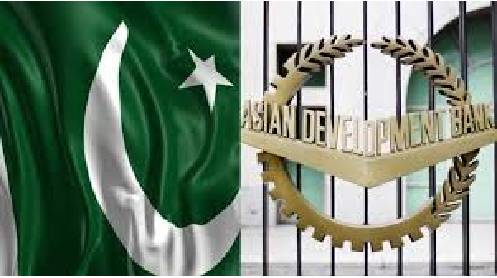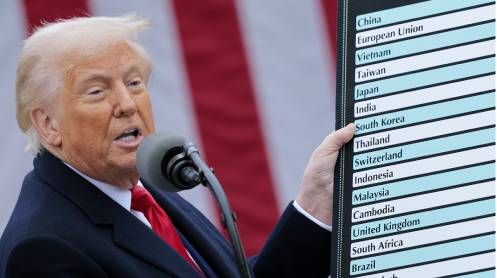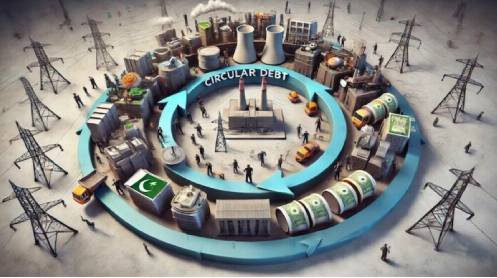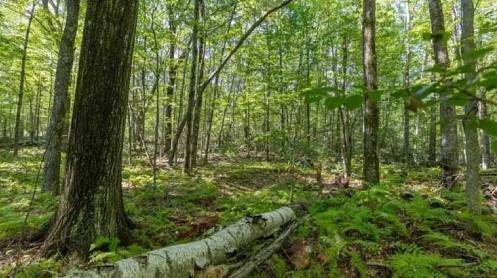ISLAMABAD: Pakistan will need an additional $191.8 billion by 2050 to transition to a low-carbon energy system and achieve its climate goals, according to a recent report by the Asian Development Bank (ADB).
The report outlines a comprehensive pathway for reducing greenhouse gas (GHG) emissions while sustaining economic growth. It contrasts a low-carbon scenario with a business-as-usual (BAU) approach, emphasizing renewable energy deployment, energy efficiency, and cleaner fuels across key sectors such as power, transport, and industry.
Under the low-carbon scenario, investments would focus on hydropower ($153 billion), nuclear energy ($103 billion), wind ($62 billion), and solar power ($51 billion), alongside $22 billion for modernizing transmission and distribution networks. By 2050, renewable energy could contribute 61% of electricity generation under this approach, compared to just 17% under the BAU model.
The report highlights Pakistan’s ambitious climate commitments, including reducing GHG emissions by 50% by 2030, as outlined in its updated Nationally Determined Contributions (NDCs). However, achieving these targets hinges on international financial support, with 35% of the pledged reduction contingent on such aid.
As one of the world’s most climate-vulnerable countries, Pakistan faces challenges like extreme weather and natural disasters, making the transition to sustainable energy critical. The ADB report calls for significant private-sector investment, foreign assistance, and policy reforms to facilitate this transition.
Additionally, the report stresses the need for electrification and energy efficiency in residential and industrial sectors and a shift toward cleaner fuels. It also underscores the importance of aligning incentives, improving regulatory frameworks, and fostering a favorable investment climate to attract the necessary capital.
With a vast potential for solar and wind energy, Pakistan stands at a critical juncture to transform its energy landscape and mitigate the impacts of climate change.





